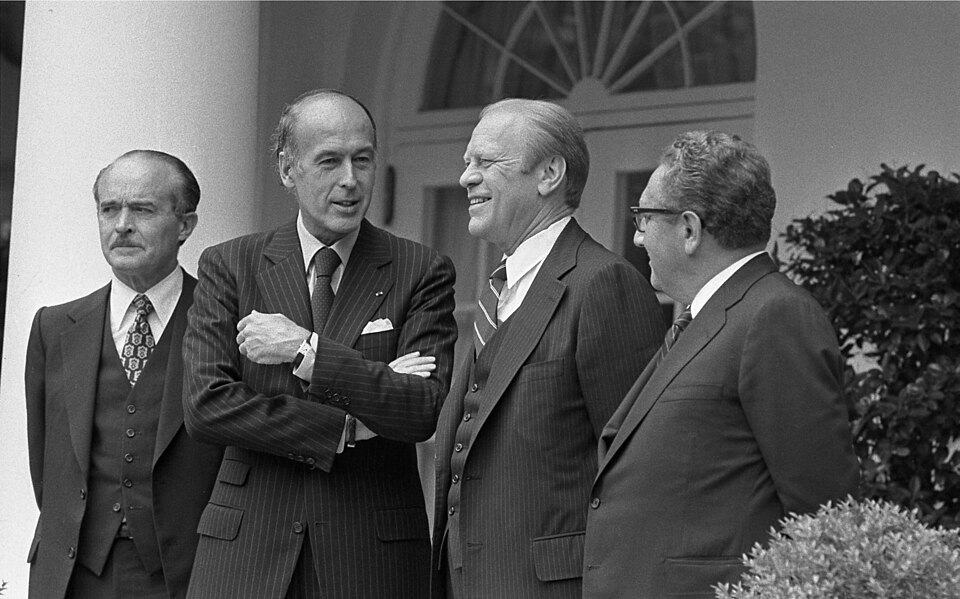The signature of the Treaties in 2010 followed in the wake of the 2008 financial crisis, which compelled the two countries to reduce their strategic ambitions. Whilst today the countries clearly share an analysis of what is at stake, the policies followed by London and Paris are somewhat divergent. Nevertheless, there is a need for mutual commitment. This will be one of the post-Brexit challenges.
Breaking the Strategic Impasse: Franco-British Cooperation on European Defence
When David Cameron and Nicolas Sarkozy signed the Lancaster House Treaties in 2010, France and the United Kingdom had already given up on most of their ambition to be a joint vanguard for the development of EU defence that was embodied in the Saint-Malo Declaration of 1998.(1) The bilateral agreement of 2010 – which took place in a context in which little progress had been made in EU defence, the UK was under increasing pressure to hold a referendum on membership of the EU, and France had just rejoined NATO’s military command structure – marked the end of the objective of taking a shared lead to advance the creation of an EU military force capable of autonomous action. Instead, Paris and London decided to fulfil their rapprochement bilaterally, in order to meet their own pressing operational and strategic needs in the aftermath of the 2008 global financial crisis.
Over the past ten years, and despite some disappointment on both sides, the two countries have done much to strengthen their cooperation on conventional capabilities, nuclear deterrence and operational cooperation.(2) The deteriorating security environment around Europe today calls for more Franco-British cooperation and leadership. But at the same time the European ambitions of the two countries have grown even further apart than they were in 2010. As Boris Johnson braces for an acrimonious Brexit and looks beyond Europe for like-minded partners, Emmanuel Macron is pushing for more EU defence integration and European autonomy in world affairs. With both countries on such different European trajectories, can London and Paris find common ground to jointly increase European security?
A shared diagnosis
Il reste 90 % de l'article à lire




_astronaut_Sophie_Adenot_(jsc2025e058846_alt).jpg)



